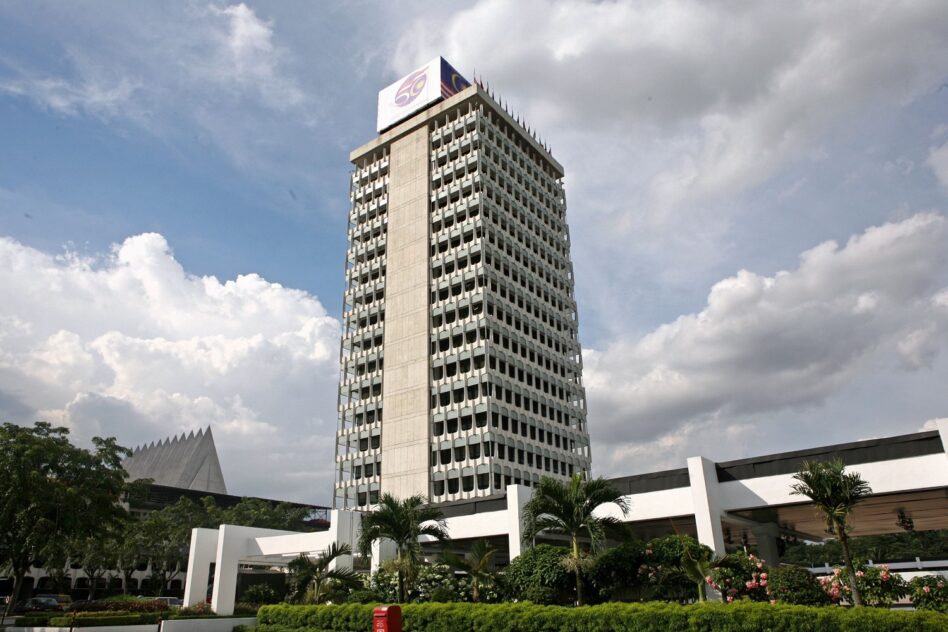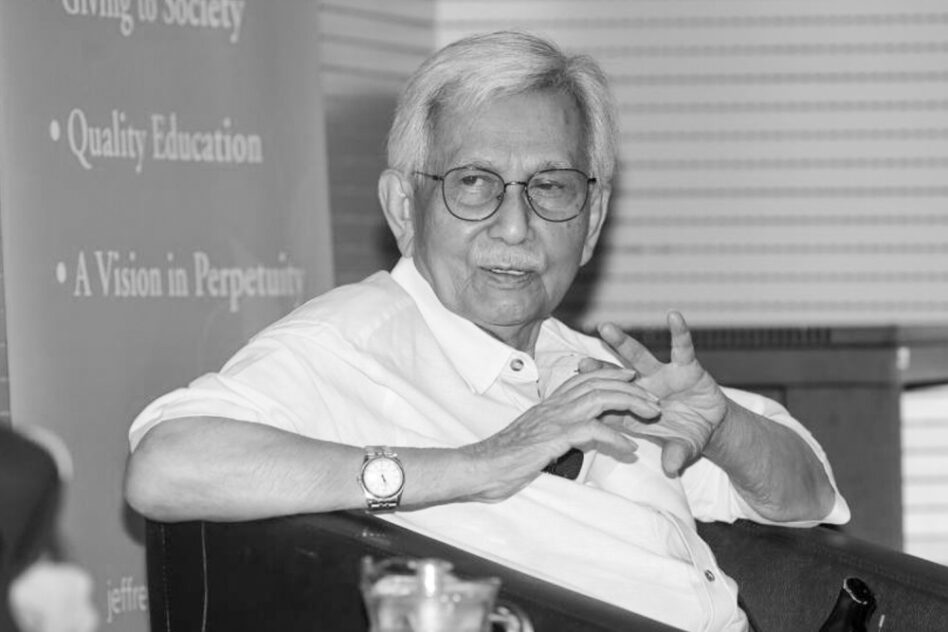SMALL and medium-sized enterprises (SMEs) contribute substantially to income, output and employment in the global economy and semiconductor industry SMEs have the capabilities to grow and often form the backbone of a country’s economy, experts said at a recent webinar.
The webinar – organised by SEMI Southeast Asia and Malaysia Semiconductor Industry Association (MSIA) – was conducted to educate local SMEs on how to boost their competitiveness in the global stage and future-proof their businesses.
According to the experts, the COVID-19 health crisis had created a tough climate for SMEs as businesses struggled to weather the economic fallout from the pandemic.
As such, while SMEs tackled operational challenges, they also faced other challenges including flagging sales, supply chain disruptions and workers under lockdown.
SEMI Southeast Asia president Linda Tan said that Malaysia is a key player in the global semiconductor trade, with approximately 7% of the total global semiconductor trade flowing through the country.
In addition, it is a major part of the global electronics supply chain with electrical and electronic (E&E) exports at 39% of Malaysia’s total export in 2020.
“SMEs represent a key pillar in in this space and their growth is imperative to the success of the nation and the broader Southeast Asia region,” Tan remarked.
“SEMI Southeast Asia recognises the importance of SMEs in the E&E industry, and is committed to supporting these businesses to ensure that the region’s semiconductor ecosystem remains strong and resilient.”
Meanwhile, MSIA president Datuk Seri Wong Siew Hai said that the association has been actively navigating through the past two years while taking extraordinary steps to safeguard SMEs in the E&E industry.
“This webinar is an example of the many initiatives we are undertaking to support the industry, more so given the importance of the interconnectivity of our ecosystem. It educated participants on how to scale-up internationally and remain competitive in the global market,” he commented.
Speaking during the opening address, Malaysia Productivity Corporation director-general Datuk Abdul Latif Abu Seman said: “Given the significant presence of SMEs in the economy, transforming productivity and competitiveness performance of SMEs is necessary for the remarkable improvement in national productivity.”
As such, Abdul Latif noted that the Government will prioritise incorporating advanced technologies among SMEs under the 12th Malaysian Plan, serving as a powerful game-changer for the economy and enabling SMEs to transform, compete and penetrate the global market.
“SMEs will be equipped with the skills to digitise their business process with automation, big data and artificial intelligence (AI) in line with the National Fourth Industrial Revolution (4IR) Policy and the Malaysia Digital Economy Blueprint.” – April 6, 2022









